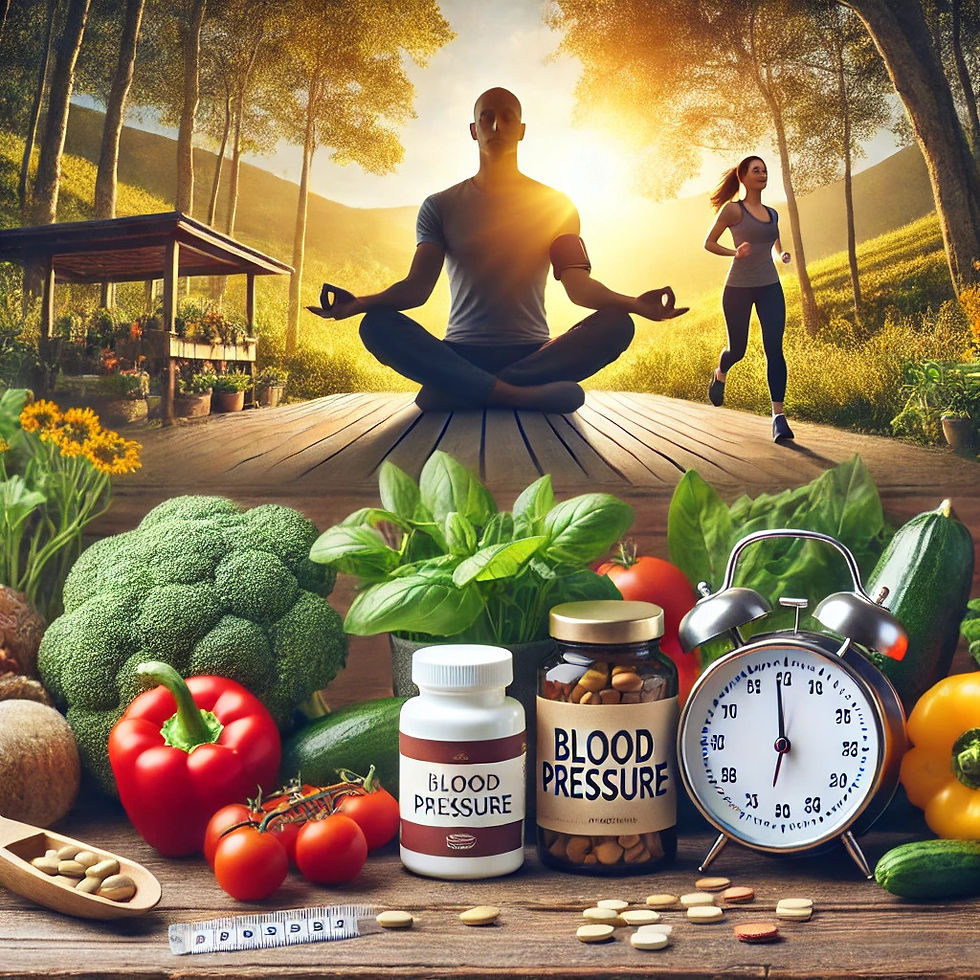7 Substance Abuse Treatment Options Explained
- Dr Charles Glassman

- Jan 5, 2024
- 4 min read
Updated: Jan 16, 2024

In classical terms, addiction is anything that disrupts or interferes with the normal routine of life. As drugs and unmedicated substances have become easy to procure these days, there has been an increase in their abuse potential as well. This has a damaging effect on the quality of life as well as abusers tend to lose control of their lives, ending up somewhere bad.
A large number of people who face these dire consequences because of their addiction resort to treatment to come out of this phase. There is no denying the fact that it is not an easy process and needs a systematic approach. The good news is that several treatment options are available for the same. Here is a detailed description of what all steps to follow to walk on the path of addiction and lead a fruitful life.
What are my addiction treatment options?
The first and foremost step in substance abuse treatment is acknowledgment. A substance abuser has to accept the fact that addiction has been having a physical and psychological impact on his or her life. A lot of willpower and strength are needed to overcome substance addiction and one should be prepared to face whatever comes their way. Once that is achieved, the different treatment options are explored. The type of treatment that one receives depends on several factors.
This includes the type of substance addiction, the duration of doing so, how severe it is, etcetera. Sometimes, it may be associated with some type of physical impairment as well. For example, people who drink a lot of alcohol tend to suffer from cirrhosis of the liver. The concerned physician should be notified about it and it should be treated first if indicated. Once everything else is cleared out, the addiction treatment begins.
Types of treatment
Although several treatment options are available for the treatment of addiction, a person rarely receives only one type of it. Generally, treatment is given in the form of a combination that aids and hastens the process. The treatment options are-
Inpatient Rehab
It is the best kind of treatment option available to someone who suffers from a chronic form of addiction and finds it difficult to come out of it individually. Inpatient drug rehab involves getting admitted to a care facility and receiving treatment round the clock, with behavioral modifications as well. People with mental disorders related to addiction are also often treated at rehab centers, though a dual diagnosis treatment center if often more specialized than a general drug rehab in treating both mental health and addiction issues.
Outpatient Rehab
The type of medical and psychological care that is given in an outpatient rehab is similar to inpatient rehab, the difference being that one can receive it at home instead of a care facility. It is ideal for people with minor forms of addiction, although intensive outpatient program (IOP) is also an option for those with a more serious addiction problem who cannot use an inpatient rehab center. An important point of consideration is that the patient is still exposed to the outside world. Therefore, the triggers of addiction are always present, and leading a sober life is relatively difficult. Therefore, it needs more willpower to deal with.
Detoxification
One of the most important types of treatment is detoxification, where the substance which is being abused is cleared or removed from the body. Drug and alcohol detox can also lead to some type of withdrawal reactions that need to be appropriately dealt with as well. The most common approach for this is by using certain medications.
Sometimes, the withdrawal reactions might be more than one. In that case, a combination of devices and medications are used. A lot of research is being done in this field to understand the best intervention for detoxification for various substances.
Counseling and behavioral therapies
Therapies are another important part of the treatment of substance abuse that concentrates on the psychological aspect of addiction. It involves the proper understanding of where things have gone wrong and what resulted in a person delving into the abyss of addiction. Once they become aware, they can come out of it easily. These therapies can either be on a one-to-one basis or it can be a group session as well.
It mainly involves a counselor who is an expert in this particular field. An important aspect of it is multidimensional family therapy where teenagers with substance abuse are helped to deal with their family problems which led to their addiction in the first place. Thus, dealing with the root cause of it helps a lot.
Self-help groups
This kind of therapy involves being with a group of people who suffer from similar addiction problems. One can relate and identify more with others and know that they are not alone in this fight. This can provide a lot of motivation and help to fight depression as well.
Medication-Assisted Treatment
Medications are often used for both alcohol and drug treatment. Many rehab centers also double as methadone clinics or suboxone clinics, where the FDA-approved Methadone or Suboxone drugs are used to treat opioid addictions.
Behavior therapy
Since most of the addiction problems are associated with some sort of behavioral disorder, well-guided therapy can help to mitigate that to quite some extent. It can be of the cognitive type where a person is convinced of how he or she has changed due to addiction so that they can come back to being normal. It can also include motivational speeches and interviews that have the potential to inspire to quit an addiction.
************
Fighting against addiction is not easy. However, what is reassuring is the fact that the support of family and friends can act as the necessary support. The treatment options mentioned above are a step further in achieving the goal of complete deaddiction.









Comments